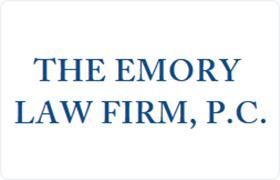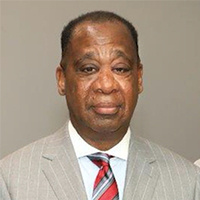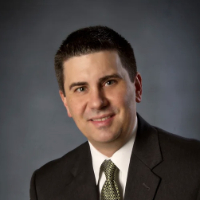Charlotte DUI-DWI Lawyer, North Carolina
Sponsored Law Firm
-
 x
x

Click For More Info:
-
The Emory Law Firm
11020 David Taylor Dr. Suite 102 Charlotte, NC 28262» view mapCriminal Defense Law Our People Make The Difference
We’re dedicated to ensuring that we take care of all of our clients, and that their legal needs are met and exceeded. We offer high-quality legal work and personal client service.
800-972-6341
Samuel J. Randall
✓ VERIFIEDCriminal, DUI-DWI, Misdemeanor, Felony, White Collar Crime
Since 1998, Samuel J. Randall, IV has built a solid reputation among his peers, adversaries, and the judiciary in North Carolina as an aggressive and ... (more)
Kirk Robert Lundell
✓ VERIFIEDDivorce & Family Law, Child Custody, Employment, Criminal, DUI-DWI
Following a successful 15-year career managing several well-known retail stores throughout the country, Mr. Lundell decided to refocus his passion for... (more)
FREE CONSULTATION
CONTACTFREE CONSULTATION
CONTACTFREE CONSULTATION
CONTACT C. Randolph Emory Charlotte, NC
C. Randolph Emory Charlotte, NC Practice AreasExpertise
Practice AreasExpertise


